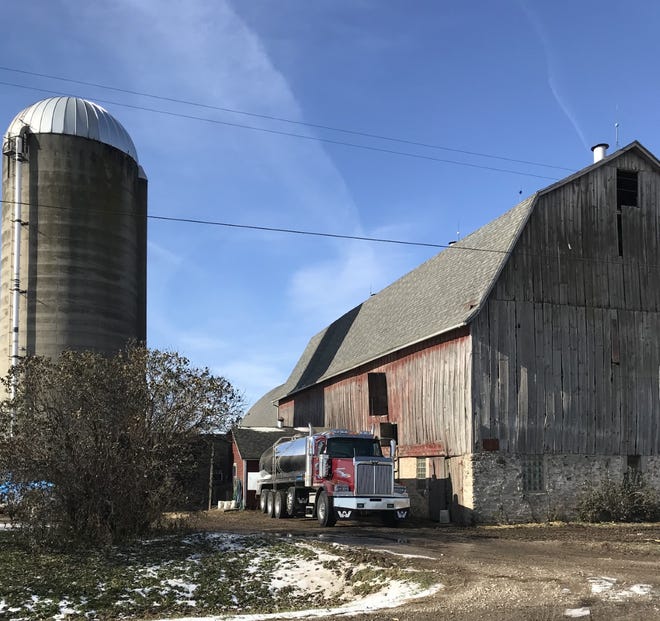House easily passes stopgap funding bill, averting shutdown

WASHINGTON (AP) – In a sweeping bipartisan vote that takes a government shutdown off the table, the House passed a temporary government-wide funding bill Tuesday night, shortly after President Donald Trump prevailed in a behind-the-scenes fight over his farm bailout.
The stopgap measure will keep federal agencies fully up and running into December, giving lame-duck lawmakers time to digest the election and decide whether to pass the annual government funding bills by then or kick them to the next administration. The budget year ends Sept. 30.
The 359-57 vote came after considerable behind-the-scenes battling over proposed add-ons. The final agreement gives the administration continued immediate authority to dole out Agriculture Department subsidies in the run-up to Election Day. House Speaker Nancy Pelosi, D-Calif., retreated from an initial draft that sparked a furor with Republicans and farm-state Democrats, who said she was interfering with the routine implementation of the rural safety net as low crop prices and Trump's own tariffs slam farm country.
"It's a big deal. This is cash flow to mom and pop businesses all over rural America," said Texas Rep. Michael Conaway, top Republican on the House Agriculture Committee. "They get them every year in October. They come like clockwork."
In talks Tuesday, Pelosi restored a farm aid funding patch sought by the administration, which has sparked the ire of Democrats who said it plays political favorites as it gives out bailout money to farmers and ranchers.
In return, Pelosi won COVID-related food aid for the poor, including an extension of a higher food benefit for families whose children are unable to receive free or reduced lunches because schools are closed over the coronavirus. Another add-on would permit states to remove hurdles to food stamps and nutrition aid to low-income mothers that are more difficult to clear during the pandemic.
The deal permitted the measure to speed through the House after a swift debate that should ensure smooth sailing in the GOP-held Senate before next Wednesday's deadline. There's no appetite on either side for a government shutdown.
On Monday, Democrats released a version of the stopgap measure that did not contain the farm bailout provision, enraging Republicans and putting passage of the measure in doubt. It became apparent that Pelosi did not have the votes to pass it — Senate Majority Leader Mitch McConnell, R-Ky., dismissed it as a "rough draft" — and negotiations continued.
Democrats complain that the Trump administration has favored southern states such as Georgia — a key swing state and home of Agriculture Secretary Sonny Perdue — and larger producers in distributing bailout funds. Farmers are suffering from low commodity prices and the effects of higher tariffs imposed by Trump. Trump announced a new $13 billion allotment of bailout funding at a political rally in Wisconsin last week.
The administration's handling of farm subsidies had angered Sen. Debbie Stabenow of Michigan, the powerful top Democrat on the Agriculture Committee. She said that the Agriculture Department didn't need the special financing provision that sparked the furor and that the money would come in November at the latest anyway. But the financial fix had been passed before, and other Democrats, including endangered House incumbents in states like Iowa and Minnesota, pressed for it.
"Now is not the time to be playing politics with aid to farmers or the assistance needed to save our families and local economies from economic disaster," said freshman Rep. Abby Finkenauer, D-Iowa.